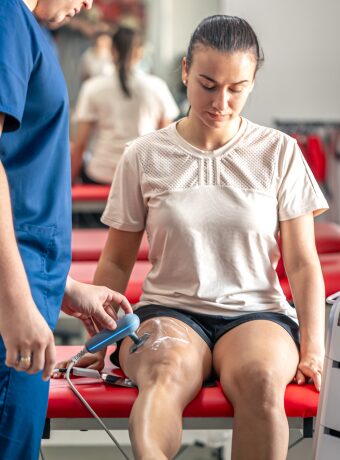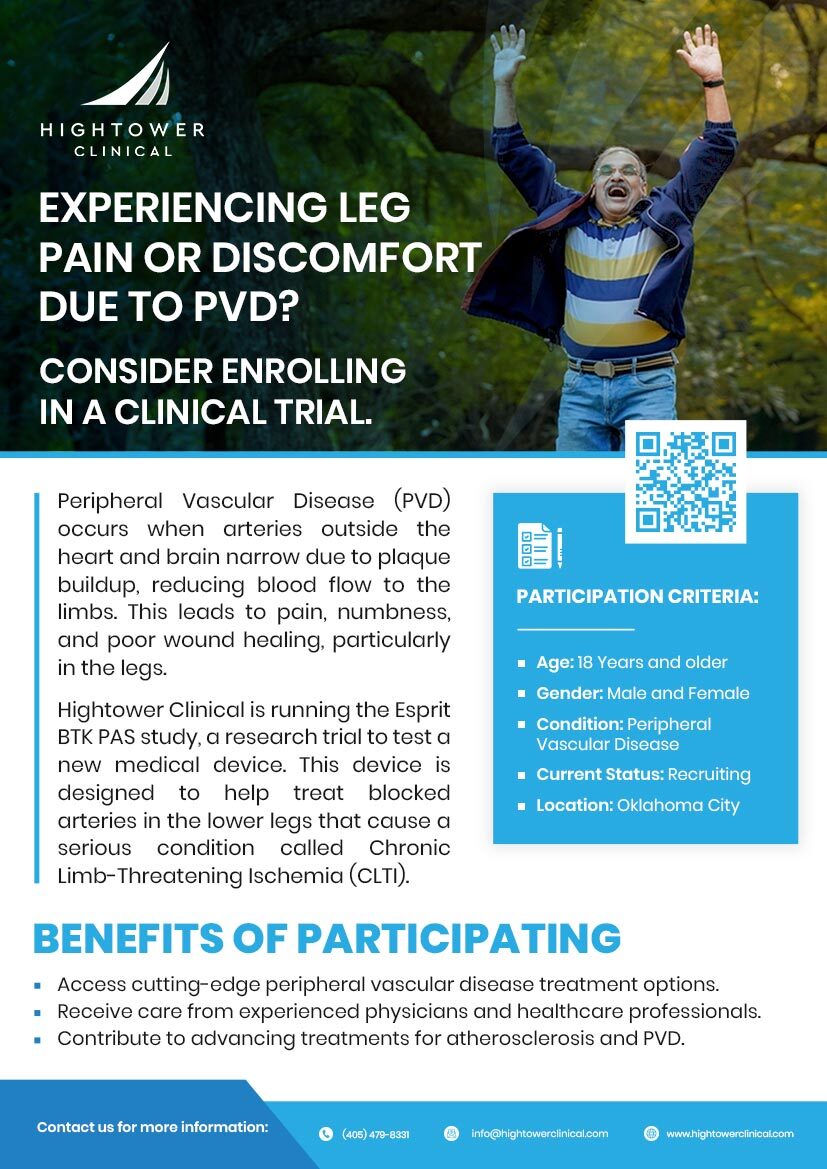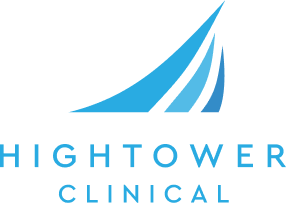The purpose of this trial is to evaluate the safety and effectiveness of investigational treatments or strategies for managing peripheral vascular disease. It aims to improve blood flow, reduce symptoms, and enhance overall quality of life for patients.
Peripheral Vascular Disease Clinical Trials in Oklahoma City
Peripheral vascular disease is caused by blocked blood vessels, a condition also known as Atherosclerosis. Consider enrolling in Atherosclerosis clinical trials and contribute to better health outcomes.
Enroll Now
Living With Peripheral Vascular Disease?
You might qualify for peripheral vascular disease clinical trials.
Peripheral vascular disease (PVD) occurs when blood vessels outside the heart and brain narrow, reducing blood flow to the limbs. Often caused by atherosclerosis, PVD can lead to pain, mobility issues, and reduced quality of life. Despite advancements, there is still a need for better treatments to manage and address these conditions effectively.
At Hightower, we’re conducting peripheral vascular disease clinical trials to assess the safety and efficacy of promising new therapies, including innovative treatments for atherosclerosis.
Participation in the clinical trial is completely free of cost and voluntary.
To learn more about peripheral vascular disease clinical trials in Oklahoma City, and atherosclerosis clinical trials, fill out the form above.
Peripheral Vascular Disease
| Study Name | Protocol Number | Sponsor |
|---|---|---|
| Peripheral Vascular Disease | Abbott |
About Peripheral Vascular Disease Clinical Trials
Discover new possibilities for peripheral vascular disease treatment.
Hightower is conducting the Esprit BTK PAS study, a prospective, single-arm, multi-center observational trial. This clinical investigation evaluates the Esprit™ BTK Everolimus Eluting Resorbable Scaffold System in real-world settings to treat diseased infrapopliteal lesions causing Chronic Limb-Threatening Ischemia (CLTI).
This trial will be conducted across up to 50 locations in the United States and additional sites internationally, with approximately 200 patients expected to participate. At least 50% of participants will be from the US.
All study procedures and related treatments, including the investigational drug, are provided at no cost, and no insurance is needed to participate.
The study doctor will guide you through every step of the clinical trial, ensuring all your questions about the study and treatment are answered before you decide to join.
Esprit BTK PAS: What to Expect?
If you agree to participate in the Esprit BTK PAS study, you will begin by signing an Informed Consent Form that outlines all the details of the study. The study team will explain the purpose, procedures, and your role in the clinical investigation. You will have the opportunity to ask any questions and make an informed decision before participating.
Once you are enrolled, the study will focus on assessing the continued safety and effectiveness of the Resorbable Scaffold System. This single-arm, observational study is designed to evaluate real-world outcomes in patients with diseased infrapopliteal lesions causing Chronic Limb-Threatening Ischemia (CLTI).
Throughout the study, all related care and procedures will be conducted by qualified healthcare professionals. Participants will receive thorough monitoring, including regular assessments to ensure safety and track treatment outcomes.
All study related care is free of cost. A member of our research staff will contact you to determine your eligibility for the Clinical Research Study.


Age
18 Years and older
Gender
Male & Female
Condition
Peripheral Vascular Disease
Current Status
Recruiting
What Happens in Peripheral Vascular Disease (PVD)?
Peripheral Vascular Disease (PVD) occurs when arteries outside the heart and brain narrow due to plaque buildup, reducing blood flow to the limbs. This leads to pain, numbness, and poor wound healing, particularly in the legs.
Complications of Peripheral Vascular Disease (PVD)
- Critical Limb Ischemia (CLI): Severe blockage causes significant pain at rest, tissue damage, ulcers, and risk of gangrene.
- Amputation: Untreated CLI or severe tissue death (gangrene) can necessitate the removal of a limb.
- Infection: Non-healing wounds or ulcers are prone to infections, increasing the risk of systemic complications.
- Blood Clots: Reduced blood flow increases the risk of thrombosis (clot formation), further blocking arteries.
- Aneurysms: Arteries weakened by PVD may bulge, creating aneurysms, which could rupture and cause life-threatening bleeding.
- Heart Attack: Plaque buildup in arteries can also affect coronary circulation, increasing the risk of myocardial infarction.
- Stroke: If atherosclerosis affects carotid arteries, plaque or clots can block blood flow to the brain, leading to a stroke.
- Poor Quality of Life: Chronic pain, reduced mobility, and fatigue can limit daily activities and impact mental health.
Frequently Asked Questions
How long will the cardiovascular disease research study last?
The duration of the study varies depending on the specific trial. It may range from a few weeks to several months. Detailed timelines will be provided during the enrollment process.
What is the location of the peripheral cardiovascular disease research study?
The study is conducted in Oklahoma City. Virtual or hybrid options may also be available depending on the trial.
What are the potential benefits of participating?
- Access to cutting-edge investigational treatments at no cost.
- Expert medical care and close monitoring throughout the trial.
- Contributing to advancing medical research, potentially benefiting future patients with similar conditions.




